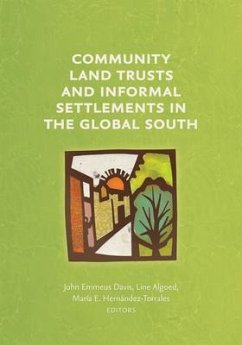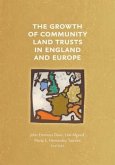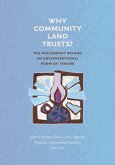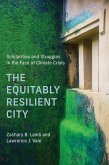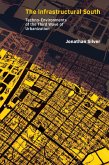During the fifty years since the first community land trust (CLT) was founded by African-American civil rights activists in the United States, CLTs have spread far beyond their country of origin. Most of this growth has occurred in the Global North, but CLTs are now also being formed in a growing number of countries in the Global South.
The fertile seedbed for CLT development in this part of the world has been informal settlements. These are residential areas where people have built their own homes, usually without regard for whatever governmental standards, codes, or regulations that might exist. They have sited their self-built homes, moreover, on lands to which they lack a legal right of ownership or occupancy. Many of these settlements have existed for several generations. Buildings, community ties, and a way of life have become firmly established, even as the residents' tenure has remained precarious.
Community land trusts are being promoted by community activists in the Global South as a resident-led strategy for formalizing tenure and securing people's homes in communities like these. Several chapters in the present monograph focus on the formation or exploration of CLTs in urban areas, including densely populated informal settlements in San Juan, Puerto Rico; Rio de Janeiro, Brazil; Voi, Kenya; Karachi, Pakistan; and Dhaka, Bangladesh. Another chapter focuses on a remote rural area of Honduras, where a CLT is working to secure the watersheds on which widely dispersed mountain villages depend.
All of the monograph's chapters, except for the opening essay by Patricia De Toledo Basile and Meagan M. Ehlenz, were selected from On Common Ground: International Perspectives on the Community Land Trust. This earlier collection of twenty-six original essays was published by Terra Nostra Press in June 2020.
The fertile seedbed for CLT development in this part of the world has been informal settlements. These are residential areas where people have built their own homes, usually without regard for whatever governmental standards, codes, or regulations that might exist. They have sited their self-built homes, moreover, on lands to which they lack a legal right of ownership or occupancy. Many of these settlements have existed for several generations. Buildings, community ties, and a way of life have become firmly established, even as the residents' tenure has remained precarious.
Community land trusts are being promoted by community activists in the Global South as a resident-led strategy for formalizing tenure and securing people's homes in communities like these. Several chapters in the present monograph focus on the formation or exploration of CLTs in urban areas, including densely populated informal settlements in San Juan, Puerto Rico; Rio de Janeiro, Brazil; Voi, Kenya; Karachi, Pakistan; and Dhaka, Bangladesh. Another chapter focuses on a remote rural area of Honduras, where a CLT is working to secure the watersheds on which widely dispersed mountain villages depend.
All of the monograph's chapters, except for the opening essay by Patricia De Toledo Basile and Meagan M. Ehlenz, were selected from On Common Ground: International Perspectives on the Community Land Trust. This earlier collection of twenty-six original essays was published by Terra Nostra Press in June 2020.
Dieser Download kann aus rechtlichen Gründen nur mit Rechnungsadresse in A, D ausgeliefert werden.

